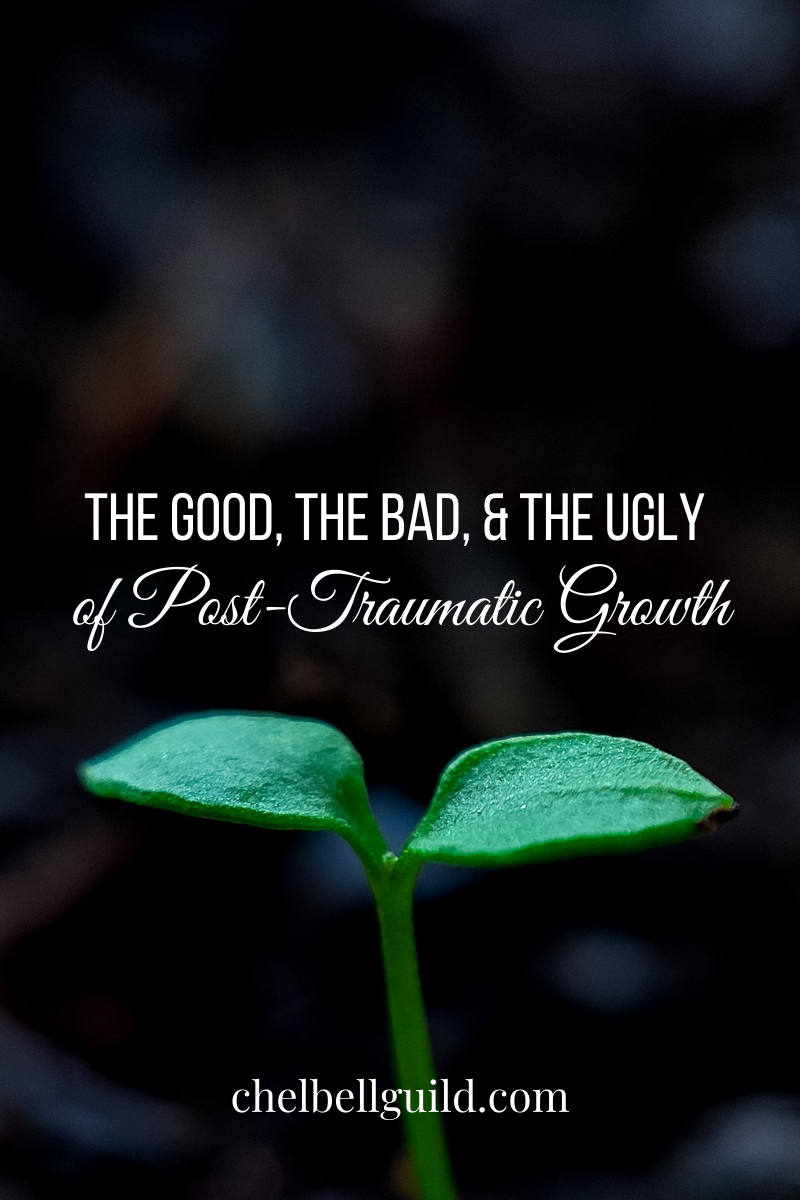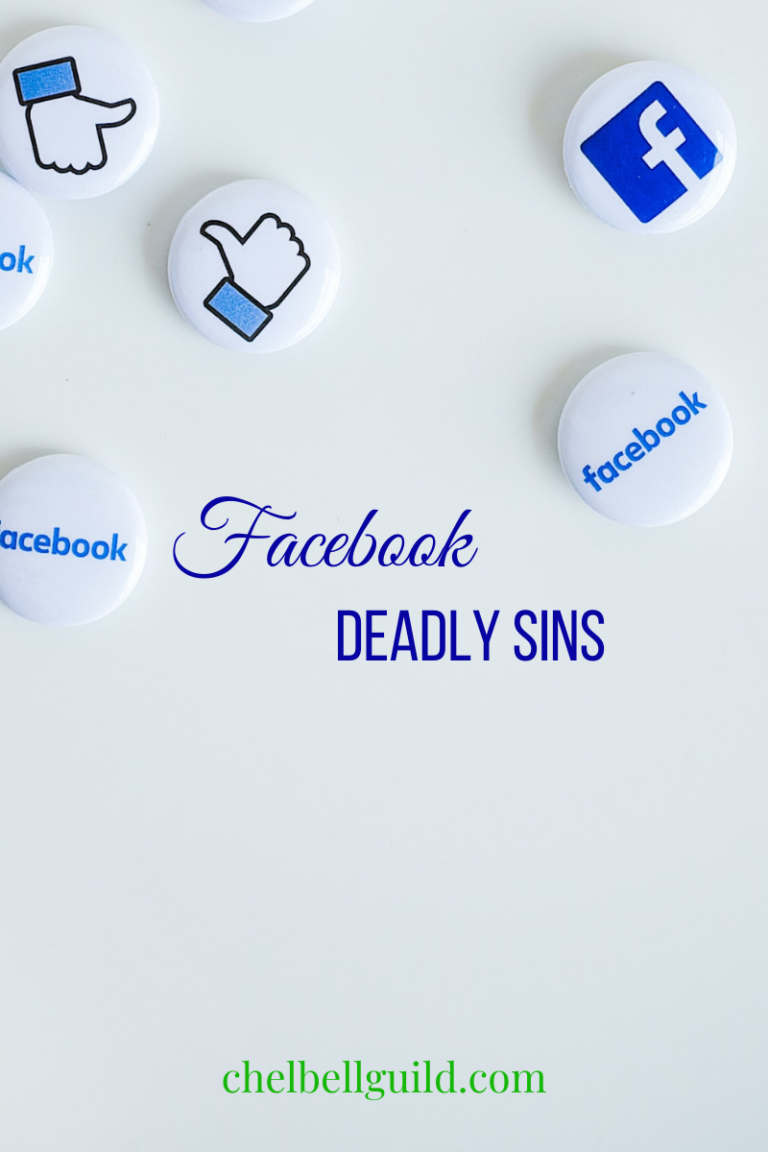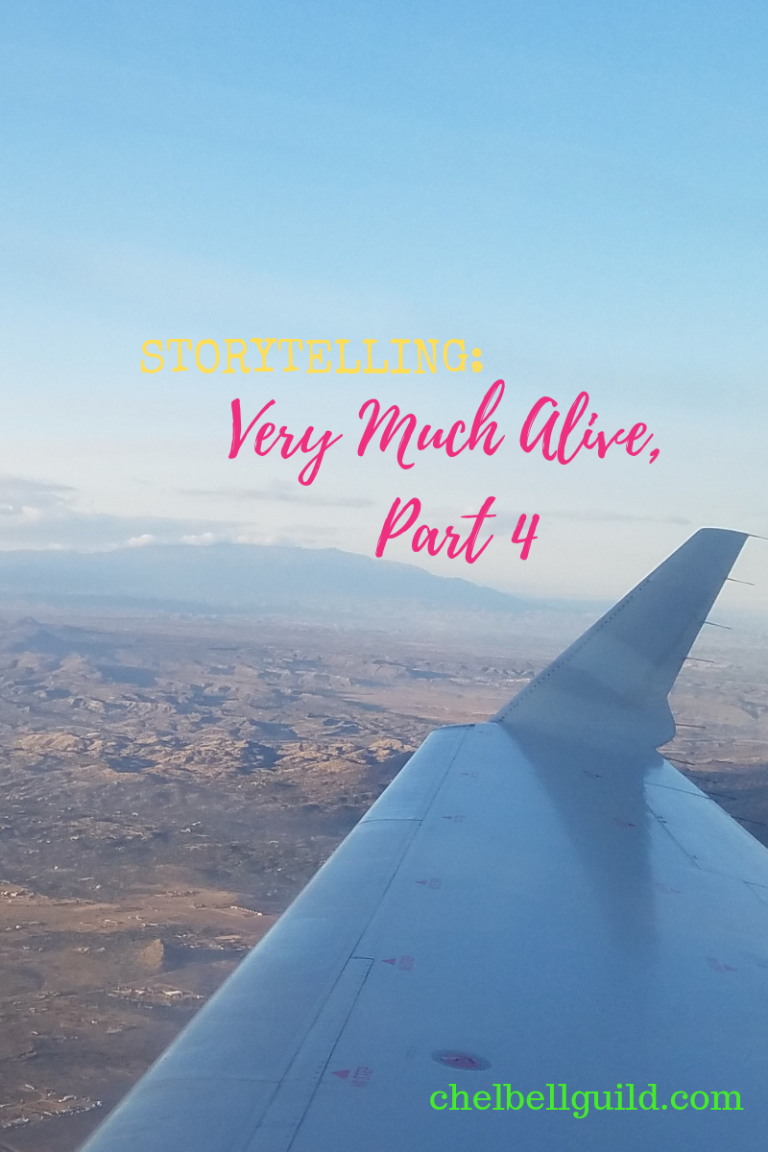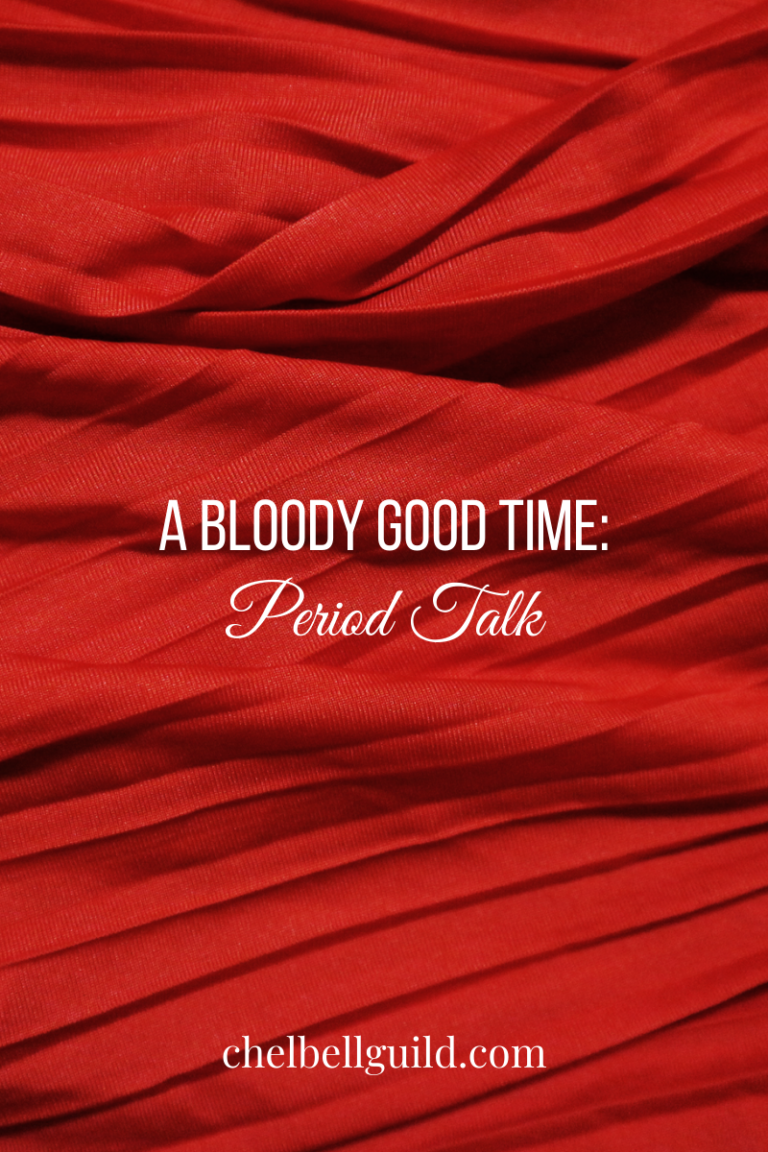The Good, the Bad, & the Ugly of Post-Traumatic Growth

One of the biggest things I struggled with after my mom died was dealing with people who had not experienced anything similar and/or had zero compassion for the grieving. (You’d be surprised how many people have experienced a death and still aren’t extending any “get-out-of-jail-free” passes when they see someone walking a path they once traveled. My theory is that grief will either break down or build up your walls.)
I’ve said before that my experiences with grief have been like eye surgeries, revealing a clearer view of life each time. And for better or worse, they can’t be undone. That said, it’s hard to go through life with this deeper understanding and still have to manage others’ petty dramas. Often grieving people wonder how everyone can just go on with their daily lives as if nothing has happened, even though we know that we are the only ones this life-changing thing has happened to. This is not to say that, several years out, I don’t also succumb to meaningless bullshit, but I do try to stop myself and at least recognize how trivial whatever I’m getting wrapped up in really is.
The point is that I developed a lower tolerance for he said/she said garbage and I’ve since found that this is common among the grieving. The death of a close loved one will quickly show you what matters.

If you’re fortunate enough to experience post-traumatic growth, your life will become infinitely more meaningful. (This is not an easy feat, but I’ll share more below.) Not that your life wasn’t meaningful before, but now YOU will see it clearly and act accordingly. You’ll be a more loving, more thoughtful, and more impactful human being with endless opportunities to do good and see the beauty in this world…but don’t expect the people that still operate on a shallow plane to recognize this. Your quick ability to see through and not participate in the drama they create will seem heartless to them. They’ll make up stories in their minds that prove how self-involved or insert-whatever-derogatory-sentiment-they-have-about-you-here. What’s important is that you see the participants and the situation objectively, and realize that they are sadly doing the best they can from where they are on their own journey. (Maybe you’ll be reminded of times you were less than patient or kind or open-minded yourself.) No one comes out of this life unscathed. Trust that they will learn eventually, even if you are long gone by then.
I share this because many of us grievers have been really disheartened by this. It only leads to feelings of isolation, which is where grief becomes dangerous. In my darkest hours, I wondered what good the knowledge I had was if I had no one to share it with? How could I live differently if I would have to live with people who didn’t understand? I’m not here to convince anyone of anything and this isn’t really stuff you can teach anyway. It has to be learned in its own time. (Yes, this all sounds self-righteous from the outside looking in, but if it comes down to the grieving population gaining a newfound feeling of superiority, to put it bluntly, or getting to have their dead loved ones back, the choice is a no-brainer.)

Enter post-traumatic growth. It was only by falling into a deep, dark pit of twisted brain chemistry and a failing will to survive that I started talking to others, started listening to TED Talks, podcasts and books on grief and death, started therapy and a support group…and finally felt a sense of solidarity and hope. I never wanted to be around a bunch of other sad people. What good could that possibly do me? But they took the words out of my mouth when others didn’t know what to say. Purpose can be found when you see that grievers before you have come out “the other side.” No, grief never leaves them, but when you see that they are not only still here but are thriving and inspiring, you know you can do the same.
I didn’t plan to grow. Quite frankly, I didn’t plan to be here at all. I didn’t have the energy to plan anything. So you should know that post-traumatic growth is born of pain and there’s no bypassing that. According to Richard G. Tedeschi, post-traumatic growth can be facilitated through education, emotional regulation, disclosure, narrative development, and service. These are things I did without knowing how necessary and transformative they would be. I was just putting one foot in front of the other, and you can, too. For more information and a pathway out of own pit, read Tedeschi’s article in the Harvard Business Review here.

Not all grief leads to growth, and it certainly shouldn’t be top-of-mind while wading through the thick of it. You have to feel the supreme shittiness of grief without putting any pressure on yourself. (…or those in your life who are grieving. Definitely don’t put expectations on them.) Grief also has a way of showing up late and lingering too long. Change takes time.
What I came here to say is that you are not imagining things. Some people will never understand or take it easy on you. You’ll get discouraged, you’ll question everything, and you’ll lose your faith in humanity, but a new crop of others will restore it for you, if you let them.






